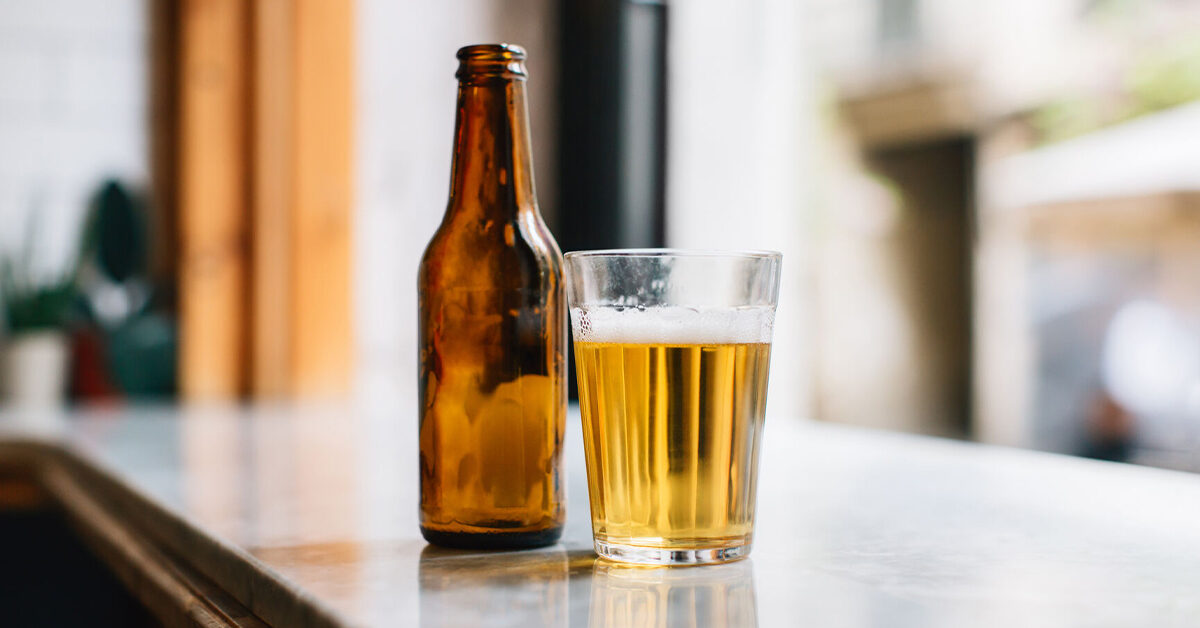The government has unveiled a bold proposal to drastically limit the availability and accessibility of alcohol in Kenya through a set of sweeping recommendations contained in the new National Policy for the Prevention, Management, and Control of Alcohol, Drugs and Substance Abuse (NACADA).
The policy outlines extensive restrictions intended to curb alcohol consumption, particularly among young people and in public settings.
According to the document, the overall objective is “to prevent, reduce, and control access to and availability of alcohol, drugs and substances of abuse.”
Among the headline recommendations is raising the legal age for all alcohol-related activity.
The draft policy proposes:
Read More
“The minimum legal age for handling, purchasing, consuming and selling of alcohol shall be 21 years.”
In a significant shift from current commercial practices, the policy further seeks to ban promotional pricing schemes often used to attract consumers.
It proposes:
“Ban the use of direct and indirect price promotions, discount sales, provision of free alcohol, sales below cost and flat rates for unlimited drinking or other types of volume sales.”
Packaging and labelling would also be brought under tighter control, if the proposals are adopted. The document recommends:
“The size, packaging, packing, and labelling including ingredients, health warnings, messages, and pictorials on alcoholic drinks shall be regulated.”
If adopted, the following modes and places of alcohol sale would be prohibited:
The following modes and places of alcohol sale shall be prohibited:
1. Vending machines
2. Public beaches, public parks, amusement parks, recreational facilities, medical facilities, sports facilities, bus parks, bus stops, petrol stations, railway stations, public transport including trains, ferry stations, piers, and along the highways
3. Hawking
4. Online sale of alcohol
5. Home deliveries and couriers
6. Supermarkets
7. Outlets selling products associated with children, such as toy shops
8. Residential premises and areas
9. Restaurants
10. Basic education, tertiary, and higher learning institutions
In addition to the sales restrictions, the government is also outlawing public consumption in a broad range of locations, effectively shrinking the spaces where alcohol can be drunk legally.
The following places of consumption shall be prohibited:
1. Public beaches, public parks, amusement parks, recreational facilities, medical facilities, sports facilities, bus parks, bus stops, petrol stations, railway stations, ferry stations, piers, and along the highways
2. Restaurants
3. Restaurants and dining areas in members’ clubs and hotels
4. Basic education, tertiary, and higher learning institutions
Furthermore, Licensing of any outlet retail (on-license and off-licence) or wholesale located within a minimum of three hundred metres from any nursery, primary, secondary, and higher learning institutions shall be prohibited.
The policy, spearheaded by the Ministry of Interior and National Administration, is part of a broader government strategy to respond to rising addiction levels, especially among youth.
Officials believe that limiting physical and digital access to alcohol will play a critical role in reducing harmful consumption and its associated health, social, and economic consequences.
However, the proposals have yet to be formalised through legislative or regulatory action.
Their implementation will require new laws, amendments to existing ones, and coordinated enforcement between national and county authorities.
As public consultation continues, the policy signals a clear intent by the government to reshape Kenya’s approach to alcohol control, though how much of it becomes law remains to be seen.











